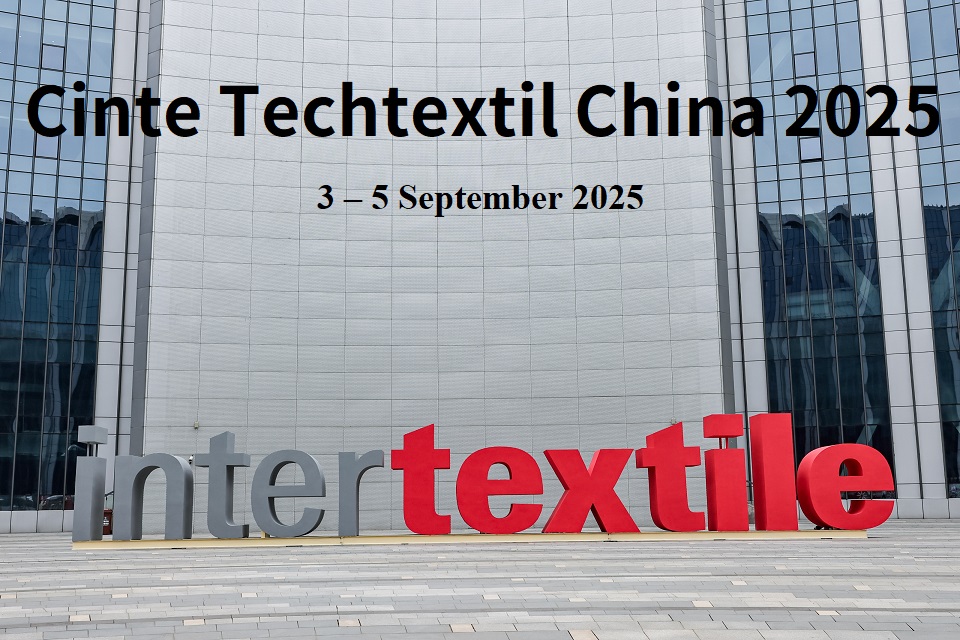The Ministry of Industry continues to encourage the manufacturing industry sector to transform towards sustainable development. One of the steps is through the implementation of the green industry concept, with the principle of using resources that are efficient, reusable, environmentally friendly and sustainable, as well as utilizing waste as alternative energy.
"Since 2010, the Ministry of Industry has awarded green industry awards to industry players in the country," said Industry Minister Agus Gumiwang.
The Minister of Industry said, based on data from the 2019 green industry award, the achievements of the industrial sector energy efficiency program were equivalent to IDR 3.5 trillion and process water efficiency of IDR 229 billion. This shows that the application of this concept can also have a positive economic impact.
According to Agus, the recycling business has long been known in Indonesia. Various sectors of the recycling industry, such as plastics, lubricants, paper, textiles and metals, have contributed to efforts to create a circular economy process and help reduce waste.
"As many as 913,000 tons of plastic waste are processed annually into various value-added products with an economic potential of more than Rp 10 trillion per year and the potential for export of plastic recycled derivative products reaching US $ 141.9 million," he said.
Agus said that the population of the plastic recycling industry in Indonesia is around 600 large industries and 700 small industries with an investment value of Rp. 7.15 trillion and a production capacity of 2.3 million tons per year.
Meanwhile, in the used lubricant processing sector, currently there is an installed capacity of 175,000 metric tons (MT) which is capable of reprocessing it into lubricant products to meet around 15% of domestic lubricant needs of 1.15 million MT per year.
"Therefore, the Ministry of Industry continues to encourage the implementation of circular economy through the application of the Guidelines for Recycled PET Production Procedures for food packaging," said Agus.
In addition, the Ministry of Industry has taken the initiative to implement Recycled Component Level regulations on plastic finished goods to be used in the procurement of goods and services by the government as well as VAT reduction incentives for the plastic recycling industry.
This effort is expected to encourage the creation of a circular economy concept in plastic products and is expected to be a solution to the waste problems facing Indonesia today.
The Minister of Industry asked industry players in the country to be able to continue to innovate, adapt quickly, be creative, and be able to elaborate on the concept of a circular economy and digital technology, especially in facing the industrial era 4.0.
"Industrial development is one of the pillars of national economic development directed by applying sustainable principles and based on aspects of economic, social and environmental development," he concluded.





